I want to find out how many arguments are passed to the command by the shell:
echo "It's "'funny how'" it's done."
It is 1 argument, because first ' turn off the " after s , and the ' after turn off following " , so first " matches the last ".
For
"<bar bar -b "-a" '-r' >bar bar bar"
I don't understand why 5 argument are passed to the command by shell
pig pig pig

6 arguments passed to command by shell